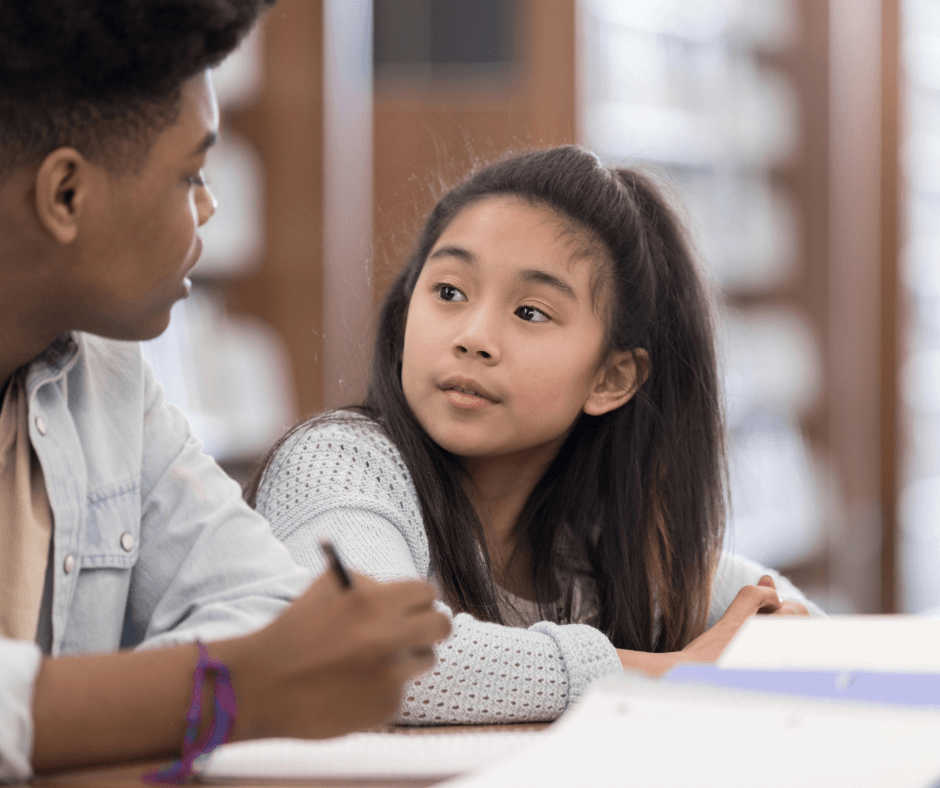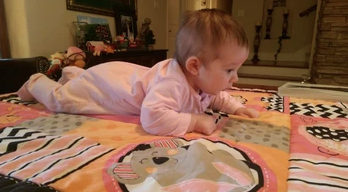An Extension of Little Giant Steps
Improve your Child’s Auditory Processing Abilities
Many parents are struggling to supplement the limited resources that the schools are offering.
In this current climate of home learning, many parents are struggling to supplement the limited resources that the schools are offering. Some parents are overwhelmed and worried that their children will be behind when schools reopen in the fall. Audiobooks are a resource you can add to your routine that will help improve learning and develop stronger auditory processing skills. AudioBooks are an often overlooked tool that will greatly increase your child’s education.
If you are hearing things like “I’m bored” or “I hate reading”, audiobooks may be just the key to unlocking a great learning opportunity. When your children need something productive and are feeling antsy, audio stories or books are a great way to tap into imagination and creativty. Here at Brain Sprints we understand that brain training is an ongoing process and should be a part of our everyday activities.
Start with their Interests
If your children are not accustomed to listening to audiobooks, start with something that is interesting to them. Introduce simple chapter books like Magic Treehouse, A to Z Mysteries or for older elementary students choose classics like Chronicles of Narnia or Swiss Family Robinson. Children of all ages can benefit from listening to audiobooks. Even prereaders can learn to follow story lines with short books like fairy tales or fables.
Have them listen to the story with no visual stimulations. You want your children to develop their imagination and indvidual creativy as they listen to the audiobooks.
Tip: If you find that your children are not able to sit still while they listen, give them simple proejcts that they can do to keep their hands occupied like coloring, building with blocks or working a puzzle. This will give them the opportunity to listen while being actively engaged in a project.
Watch Imagination Grow
Listenting to audiobooks helps with imagination. When you watch a movie everything is provided and the world is already created. Videos don’t allow children to develop their imagination. However, when children are listening to audio stories, they make the pictures in their head and develop ideas for how things should appear.
Help with Creative Writing
Audiobooks are a good way for young students to improve their writing skills. As they listen to classic books, chidren will develop a larger vocabulary and learn how sentences should flow and thoughts can be expressed. They will hear good literautre that they can emulate later.
Improve comprehension
Listening to audioboos also helps with comprehension. When students read something in other classes or hear verbal instructions, they will be able to hold more pieces of information together because they have been practicing their auditory processing.
What is Auditory Processing?
This is a child’s short term memory and the ability to stay on task and process information. Audio Processing also helps improve phonics, will improve their reading levels and encourage neurodevelopment in your student.
Audiobooks may seem like an easy step to include in your child’s home education, but there are so many benefits to listenting to audio stories. This is truly an easy way for the whole family to grow and develop ongoing education. Take some time today to check out these resources and include audiobooks in your lifestyle.
Are you in the McKinney, Texas area?
Contact us today to let us help you and your child develop a learning plan.
_______
Info To Know! Audio CD - Learn the facts!
This auditory CD is a great tool for getting general information into the brain through the auditory channel. Information on the CD includes: modes of transportation, animals and their babies, days of the week, months of the year, continents, oceans, presidents, states, emotions, fruits, vegetables, ice cream flavors, occupations, and much, much more. There are 39 tracks in all. This CD is geared for children ages 3 to 12 years old, or for older children and adults with disabilities.
Link to audio store on LGS site










2021 © Brain Sprints. All Rights Reserved | Design & SEO By Ozment Media
